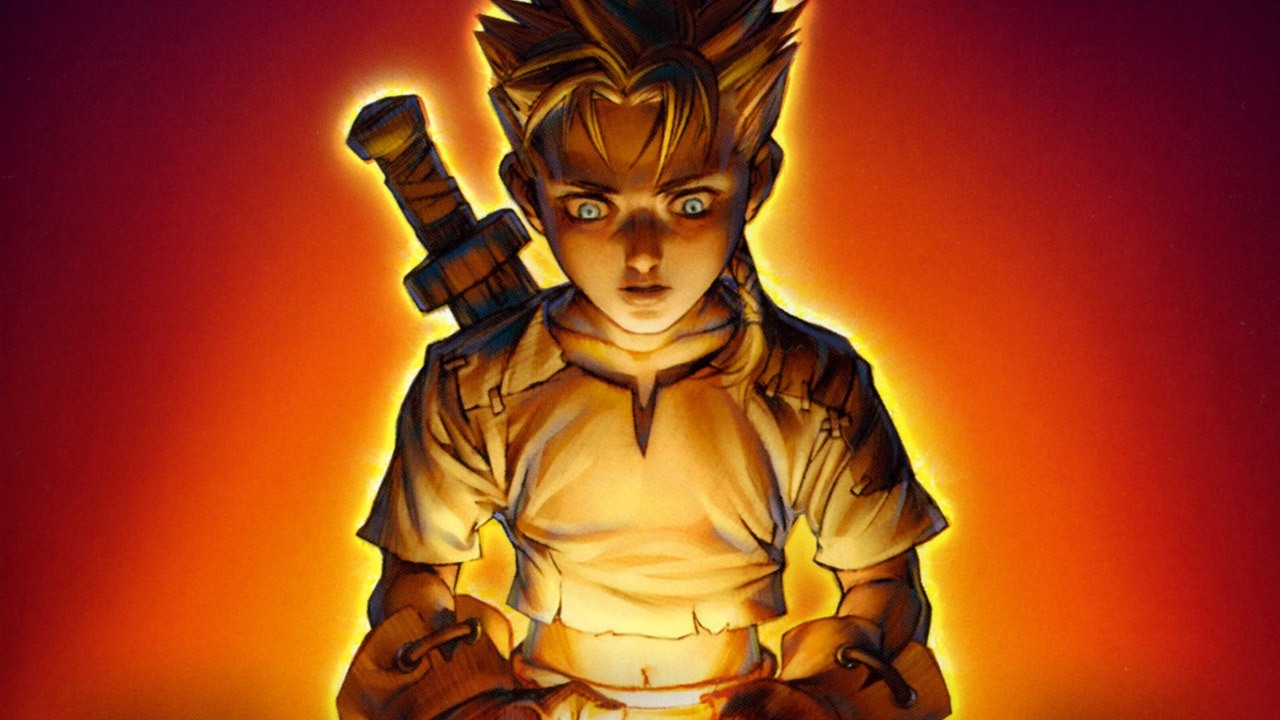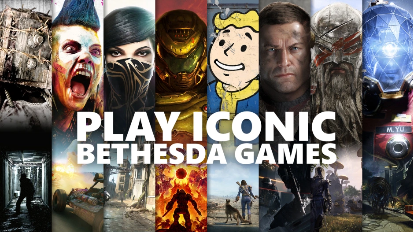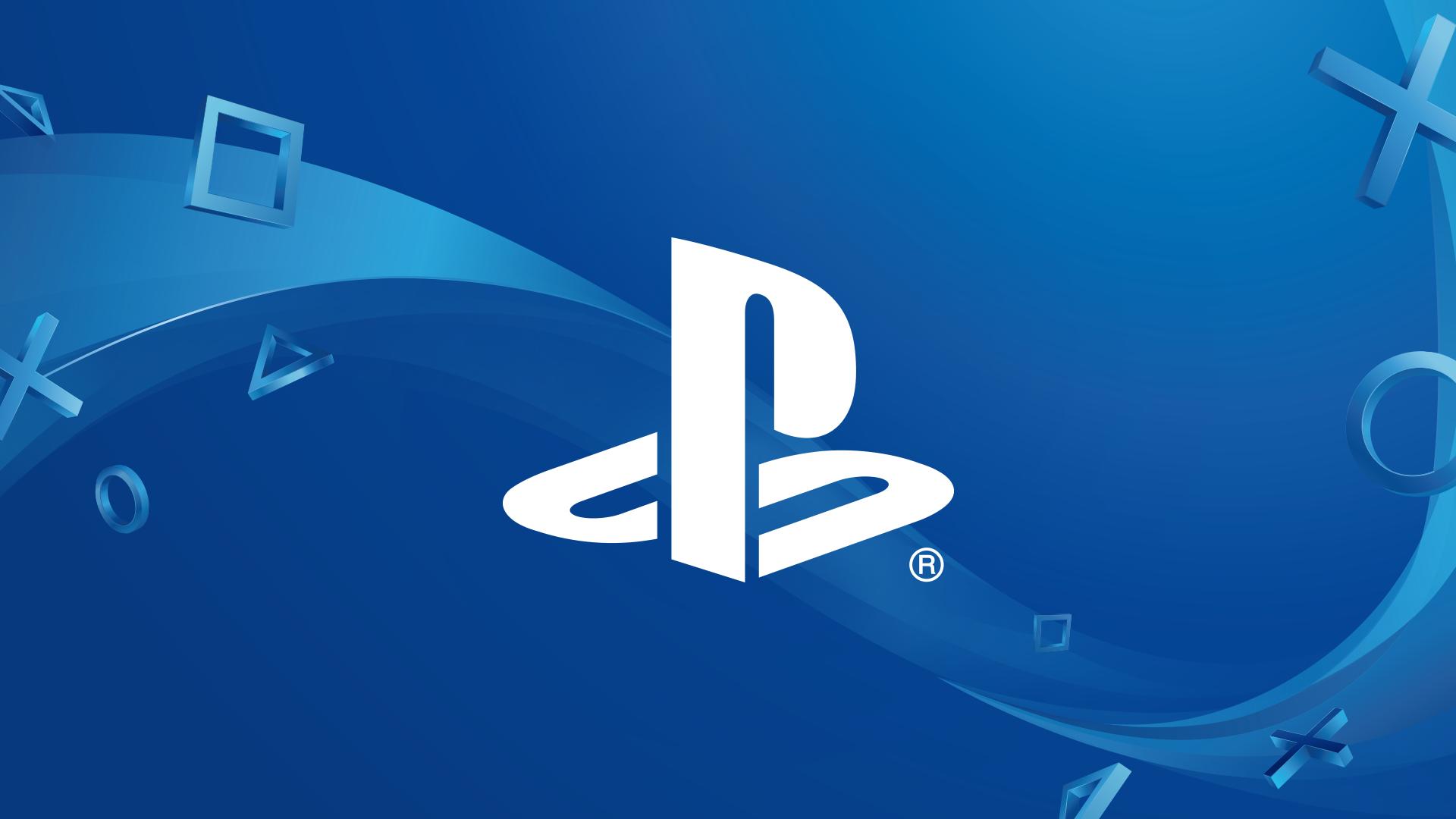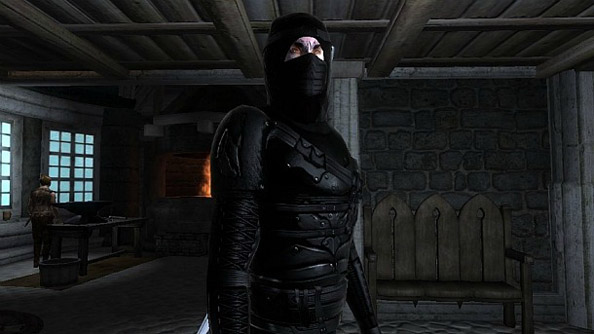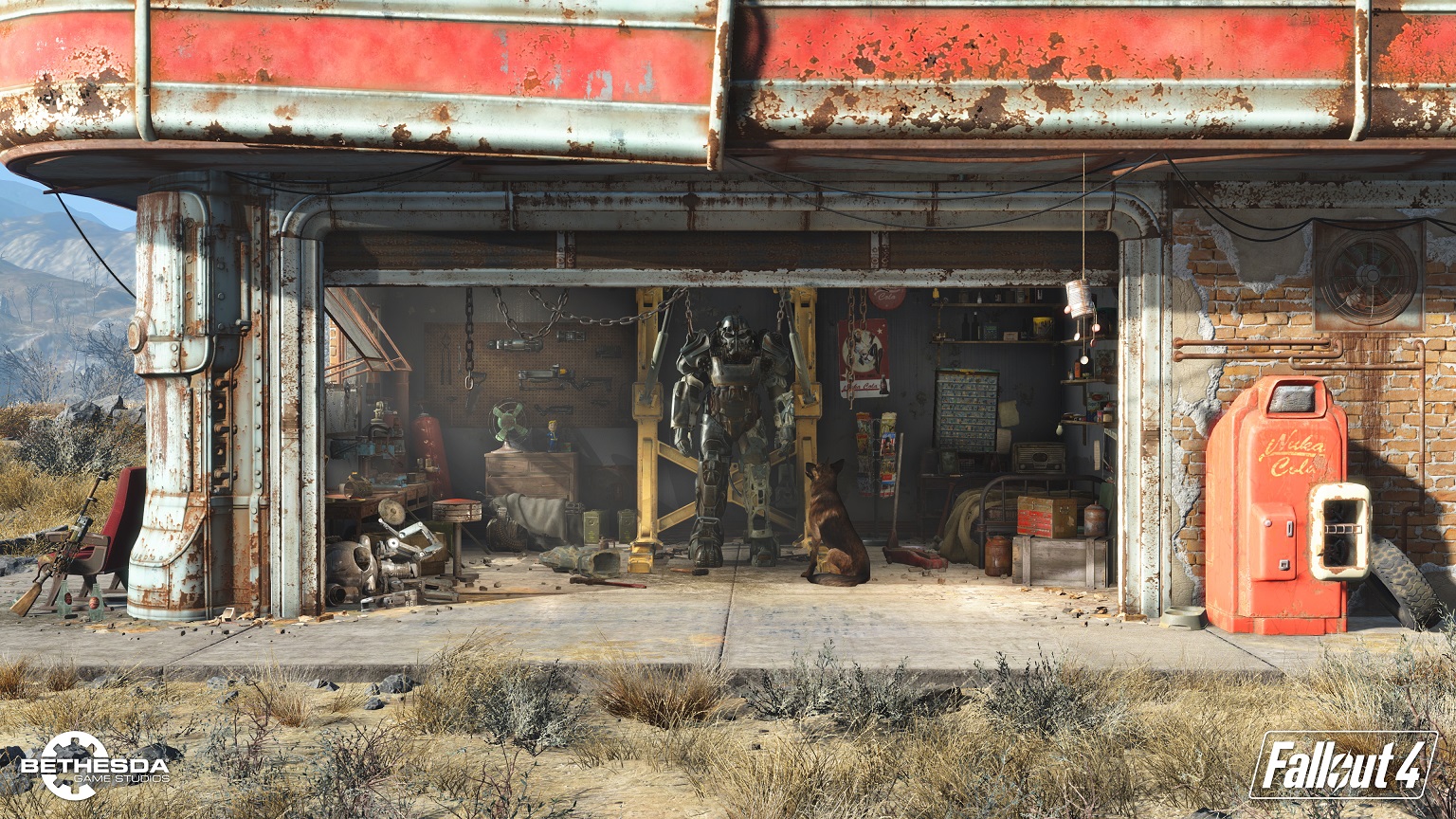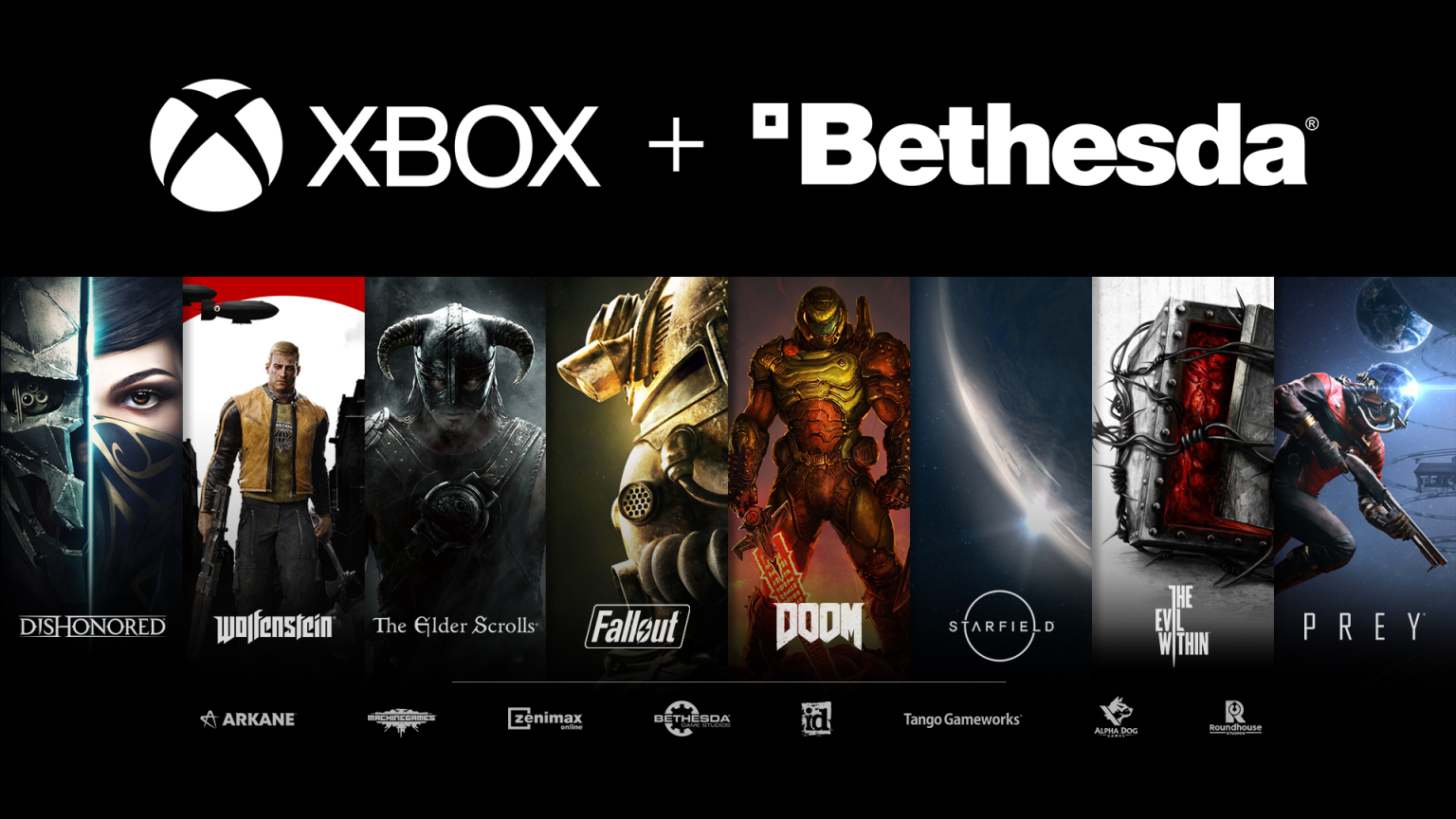
There’s much to be said about Microsoft’s continued acquisitions of development studios. Inorganic growth through the purchase of other companies isn’t inherently bad and can even be positive for everyone involved depending on the scenarios. With that said, the acquisition of Bethesda marks an escalation of intent that has the potential to create an arms race that will drastically limit consumer choice.
Previously, all of the acquisitions made by Microsoft had one thing in common: the studios were all relatively small. While many of the developers were know for some great games, they had also either spent years working on Xbox exclusives, had known financial problems in the past or were looking to expand in a way they couldn’t support on their own. They were symbiotic acquisitions; Xbox gained more games for their platforms, while the studios gained financial stability and technical support from their new parent company. While consumers certainly lost some choice, the promise of these studios being able to deliver better experiences than before, with no budgetary restraints holding them back, presented a positive angle. None of that applies to the Bethesda acquisition.
The Microsoft’s acquisition of Bethesda can only be described in one way: monumental. Never have we seen a first party publisher buy out a publisher and suite of developers of this magnitude. The closest equivalent we have is Microsoft’s purchase of Rare more than a decade ago, which pales in comparison to this. This isn’t a small time developer looking for more security, this is a massively successful employer with 2000+ employees who already has all of the security and support they need. With one single acquisition, Microsoft has shifted the narrative on their acquisitions.
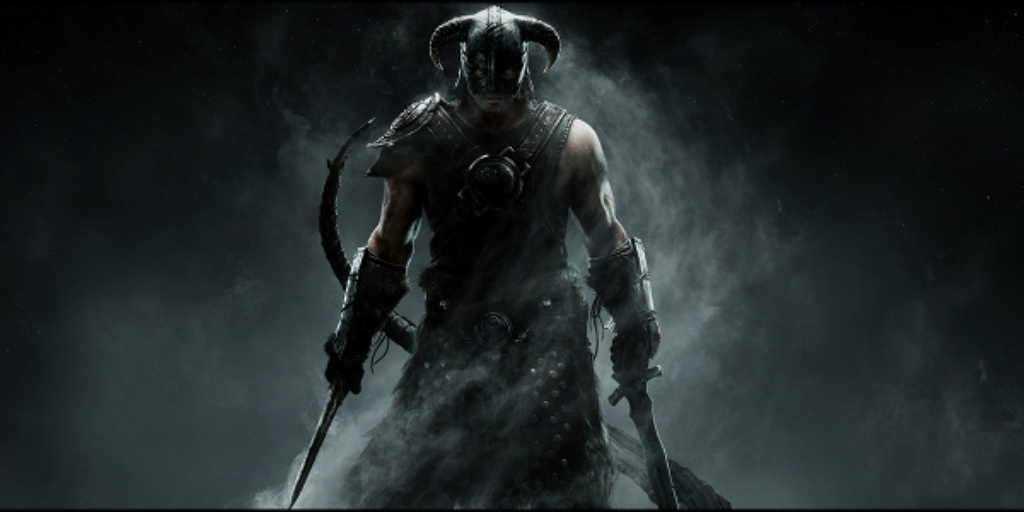
Before, their acquisitions could be written off as picking up a few developers to pad out their lineup. That’s an unfair assessment of the games developed by the studios they acquired, but it’s also what the acquisitions boil down to. Picking up those studios had small impacts on their competition, but they barely registered ripples in the pond. Sony don’t care if they lose out on a few hundred thousand from a game, but Bethesda is different. Bethesda means a cavalcade of multi-million selling IPs will now disappear form their ecosystem, and that creates a narrative that wasn’t there before. This isn’t just some small studio moving away, this is Microsoft directly taking millions of sales and therefore many million of dollars in licensing and store fees from Sony.
This is where the potential for escalation comes in. Sony have always priced themselves on having the largest stable of first party studios, but the acquisition of Bethesda means that honorific now lies with Xbox. This makes it likely that Sony will become more aggressive with their own continued acquisitions, in an effort to shore up their own studios against a suddenly expanding Xbox. This is where the potential for disaster comes in.
What Microsoft has done is create a narrative and intent that can’t be ignored. They’re aggressive, they’re filled with intent and they’ll throw around as much money as needed to make their way to the top. Whether that top is selling more consoles or game pass subscriptions doesn’t matter, either way, they’ll do whatever it takes to remove games from your ecosystem to make theirs look better. You can’t assume that they’ll only target small studios and developers now. They’ve shown that they’re willing to spend billions on the big guys. If you’re Sony, you now have to take more notice of Microsoft’s acquisitions, because you don’t know who will be next.
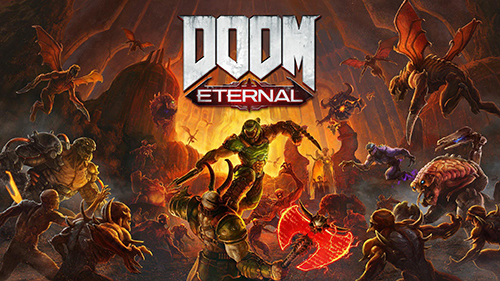
What this has the potential to create is an arms race. At the end of the day, Microsoft has more money to go harder, but PlayStation is so integral to Sony’s financial fortunes that it has to be a success. The potential here is that Sony blinks and begins a bit out of a similarly large publisher to Bethesda. Think a Bandai Namco, with all the anime licenses that would also bolster Sony’s media arm, or a Square Enix, who comes with a myriad of Japanese and Western studios and IP. There’s a potential here for bigger and bigger companies to start being folded into first party publisher’s portfolios.
At the end of the day, why is this a problem? It cuts the options for consumers. While I’ll always eventually end up with all platforms, as will a good chunk of other gamers, it’s the people that don’t have that luxury who will suffer from acquisitions like this. It’s the people that can only afford a single gaming platform, who now have to lose more and more experiences because first party platform holders have locked them up. This is why I hope Microsoft’s acquisition of Bethesda doesn’t cause an arms race. Because while it won’t affect me, it will hit those in the community that are least able to deal with it.

